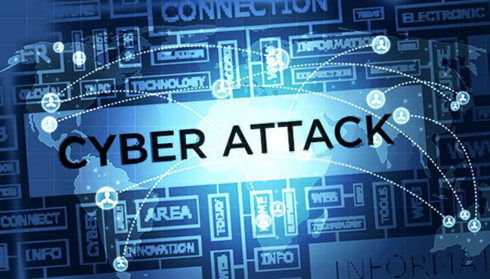
The BSA | The Software Alliance—the leading advocate for the global software industry before governments and in the international marketplace—has launched its 2018 Global Software Survey: Software Management: Security Imperative, Business Opportunity across the globe today morning.
The survey found that 74 per cent percent of software installed on computers in Vietnam was not properly licensed—meaning that Vietnam is the fifth largest nation of piracy in the Asia-Pacific region.
This represents a 4-point decrease compared with BSA’s prior study released in 2016. In BSA’s biannual studies in 2013 and 2011, the piracy rates of Vietnam were far higher, at 81 per cent.
According to BSA, this 74 per cent rate of use in 2017 has been influenced in part by important trends under way in Vietnam. While consumer shipments of personal computers (PCs) dropped precipitously, the consumer installed base nevertheless grew—a result of shipments in previous years. Hence, the decline in the unlicensed rate was driven more by ongoing legalisation, enforcement, and education than anything intrinsic to the market. There has been a decline of small PC retailers and a growth in more trustworthy software sources.
“Security worries over the use of unlicensed software have driven a number of consumers and businesses to obtain legitimate versions of security software at the least,” said Sheryl Lee, counsellor of the Asia-Pacific under BSA | The Software Alliance.
The value of illegal software in Vietnam was $492 million in 2017, $598 million in 2015, $620 million in 2013, and $395 million in 2011.
According to Gary Gan, director of Compliance Programme for Asia-Pacific under US-based BSA | The Software Alliance, the rate of unlicensed software in Vietnam is among the highest in the Asia-Pacific region as four out of five software in Vietnam were pirated.“Many local firms may face lawsuits filed by foreign firms due to piracy,” Gan said at a recent Hanoi-based roundtable on intellectual property right (IPR) enforcement under Vietnam’s revised Penal Code.
Two years ago, BSA launched a lawsuit against South Korea’s Trimmers Vietnam Company Limited for illegal use of software of Microsoft Corporation, which is an alliance member.
Located in the southern province of Binh Duong’s Thuan An town, Trimmers Vietnam is specialised in manufacturing garment accessories and bags. It was accused by Microsoft for illegally using a number of its software, worth VND748 million ($35,120), in its business operations.
In September 2013, authorities conducted an ad hoc inspection at Trimmers Vietnam to check for compliance with intellectual property regulations relating to software copyright.
Forty one computers were checked, with the majority of software installed found to be unlicensed, which included software from Microsoft, Adobe Autodesk, and Lac Viet, who are members of BSA.
Le Ngoc Lam, vice director of the National Office of Intellectual Property of Vietnam, said that as Vietnam boosts its regional and global economic integration via free trade agreements (FTAs) with its big partners, including the US, Japan, and the European Union, IPR enforcement, including the use of penal measures, has become an important part of the negotiations for the next-generation FTAs and is being taken more seriously by development partners.
“Notably, developed nations tend to criminalise intellectual property breaches through the expansion of the coverage of penal enforcement strategies, not just with trademarks, copyrights, and related rights, but also patents and industrial design,” Lam said.
The Ministry of Culture, Sports and Tourism’s Inspectorate reported that in 2017, under the ministry’s inspections of software copyright at over 63 enterprises and 2,472 computers, about 54 firms were found to have duplicate software without permission from the owners. The fines issued exceeded $73,300.
The inspectorate also inspected 26 enterprises during this year’s first quarter, finding that many of them have made similar violations, resulting in a total fine of over $33,300.
